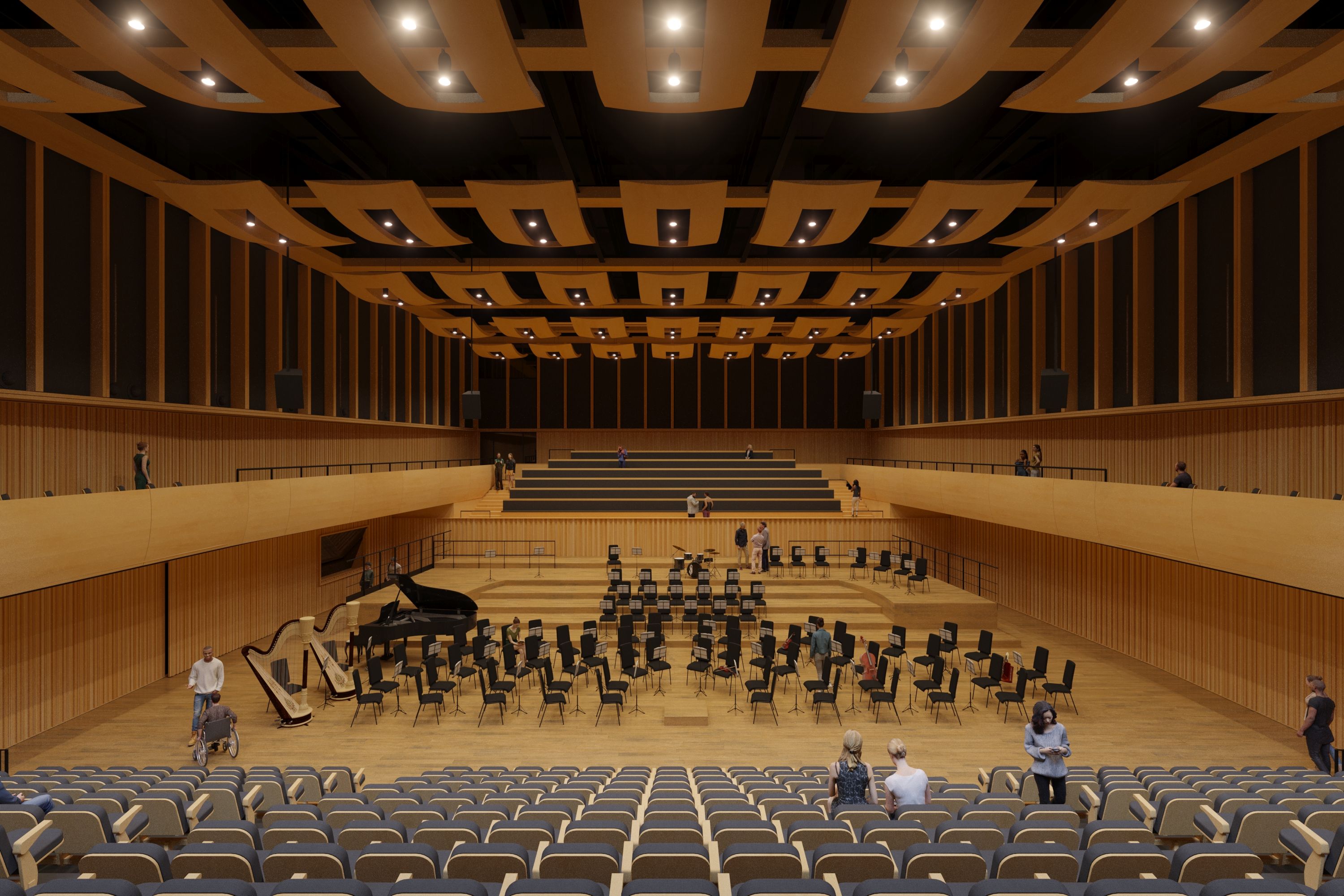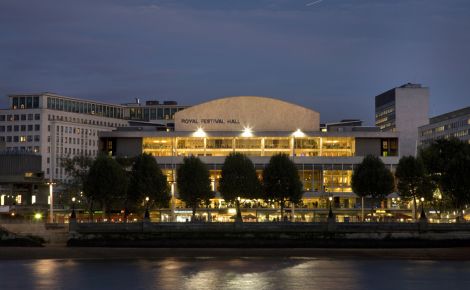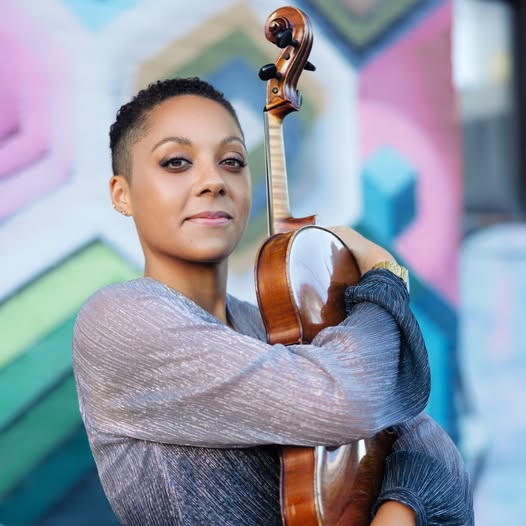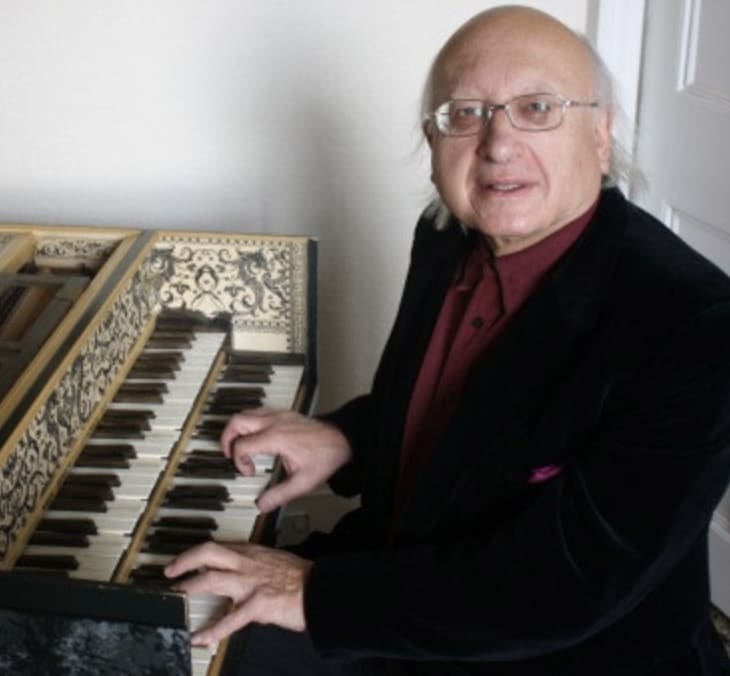Just in: BBC shows off new London concert hall
NewsThe BBC today released first designs for its music studios in East London, opening in 2025 and including a proper concert hall.
The studios, it says, ‘will be a home for the BBC Singers, BBC Symphony Orchestra and Chorus, rock and pop sessions, BBC music education and outreach as well as housing one of the largest sheet music collections in the world.’
DG Tim Davie said: ‘I am hugely excited by the potential of the BBC Music Studios to allow us to reach audiences in new ways and to create ambitious music programming that audiences everywhere will enjoy. We’ve been working with local schools on music education and careers sessions and my desire is that not only will big stars be broadcasting from our studios but that we’ll have inspired local talent to work with the BBC on their own doorstep.’
Proms in East London, then?
Image: Flanagan Lawrence Architects / BBC






Comments